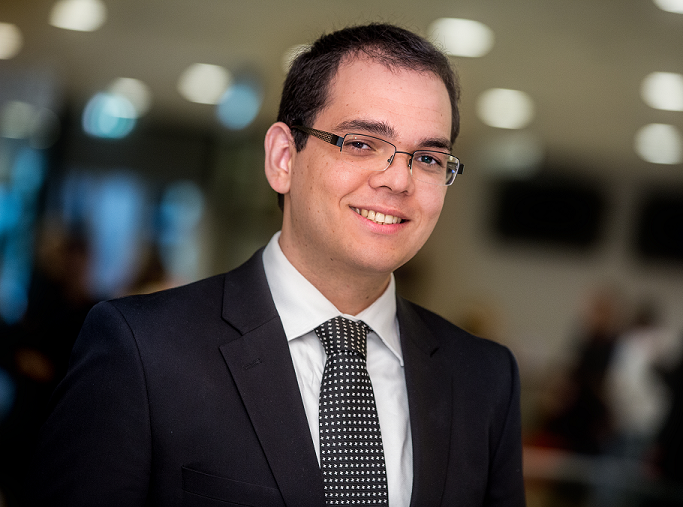
Creative Commons photo
Computer scientists and engineers Arthur Samuel and John McCarthy of Massachusetts Institute of Technology (MIT) pioneered breakthroughs in the field of artificial intelligence in the 1950s that are still discussed today. Earlier this month, MIT announced a $1 billion investment to launch a new college of computing that is slated to open September 2019. The game changing program, which will focus on AI is certain to ripple into business education and beyond.
“It’s almost expected since MIT scientists helped create AI back then, though $1 billion is a massive investment, even by MIT standards. The message MIT is sending is that AI is here to stay and we’d better adapt ourselves,” Arthur Carvalho, Dinesh & Ila Paliwal Innovation Chair & Assistant Professor in Information Systems & Analytics at the Farmer School of Business at Miami University tells Poets&Quants. “I believe that other universities will follow very soon, and this initiative by MIT will not be the only one.”
The new college of computing will be named after Chairman and CEO of The Blackstone Group, a global private equity group, Stephen A. Schwarzman, who made a $350 million foundational gift. MIT announced that the $1 billion investment marked the single largest investment in computing and AI by an American academic institution, and the hope is that the new college will help position the United States as a leader in the computing and AI revolution.
“As computing reshapes our world, MIT intends to help make sure it does so for the good of all,” MIT President L. Rafael Reif, said. “In keeping with the scope of this challenge, we are reshaping MIT. The MIT Schwarzman College of Computing will constitute both a global center for computing research and education, and an intellectual foundry for powerful new AI tools. Just as important, the College will equip students and researchers in any discipline to use computing and AI to advance their disciplines and vice-versa, as well as to think critically about the human impact of their work.

Arthur Carvalho. Miami University photo
CHANGING BUSINESS AND EDUCATION
The new college will be headquartered in a new building on MIT’s campus, which part of the investment will fund. But other than building costs, the money will go to hiring 50 faculty members that are industry experts and thought leaders. The positions will be in departments across MIT, since AI touches almost every field today, from sociology and science, to politics and urban planning, and will almost double MIT’s academic capability in computing and AI. Part of the investment will also be put into buying cutting-edge machinery and technology and providing scholarships for students the school wants to attract.
The college will also provide a shared structure for collaborative education, research, and innovation in computing and AI, where students are educated in every discipline to responsibly use and develop AI and computing technologies while strengthening its position as a key international player in technology development and societal transformation.
Eric Schwartz, assistant professor of marketing at University of Michigan’s Ross School of Business, agrees that the MIT investment is just the renewal of an AI movement in schools, as business education steps ahead to provide talent to the industry demanding it.
“College of computing is a term that already exists in institutes, but what this has the potential to do is inspire other universities to do more in AI, making one billion more than a billion,” Schwartz says. “AI has already transformed business today with machine learning and systems designed to take in data in real time to analysis preferences and tendencies before updating the same systems to optimize their performance. Change is already here.”
Schwartz adds that AI is already defining business online as we know it, and that an increasing number of students have been showing up with interest in analytics and data science, saying they want the skills needed to lead the field.
Comparing it to language learning, Schwartz says business education needs to create students who come out of business schools with the ability to translate societal problems into quant models and algorithms, and into mathematical and computational languages. That’s where, he says, massive potential of AI lies.











Questions about this article? Email us or leave a comment below.